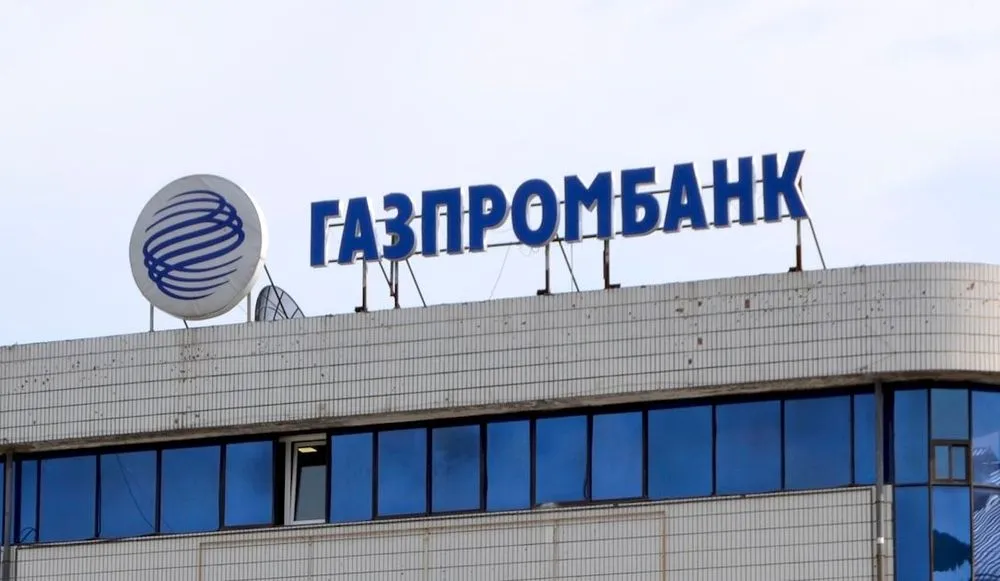Russian users report Gazprombank outages amid alleged Ukrainian cyberattack
Russian users have reported difficulties accessing services at Gazprombank, one of the country’s largest privately owned banks, following an alleged cyberattack by Ukraine’s military intelligence agency.
Data from several website outage tracking services indicates that Gazprombank customers have complained about being unable to make transactions or pay bills through the bank’s app or website.
Earlier this week, Ukraine’s military intelligence agency (HUR) claimed responsibility for launching a powerful distributed denial-of-service (DDoS) attack on Gazprombank, disrupting its online and mobile banking services.
"Hundreds of thousands of Russians will be unable to transfer money and carry out online payments due to Gazprombank applications not working," an anonymous source at HUR told a Ukrainian news agency.
Russian state-owned media outlet RIA Novosti reported on Wednesday that Gazprombank's online services were temporarily unavailable in France and Germany. On Friday, Gazprombank said in a statement on Telegram that its mobile app is currently unavailable on Google Play but can be downloaded from the Russian alternative, RuStore.
Neither Russian media nor Gazprombank has linked these issues to the alleged cyberattack. As of Friday morning, the bank’s website was up and running, but users were still reporting trouble logging into their accounts and using the company’s app, according to Downdetector.
Russian banks are frequent targets for Ukrainian threat actors but it’s difficult to assess the actual impact — if any — of Ukraine’s latest alleged attack on Gazprombank due to the lack of reporting from Russia. Russian companies targeted in such attacks rarely respond to claims by HUR or outright deny them.
Last October, pro-Kyiv hackers collaborated with Ukraine's security services (SBU) to breach Alfa-Bank, Russia's largest privately-owned bank. The hackers claimed to have obtained data on more than 30 million customers, including names, dates of birth, account numbers, and phone numbers.
Alfa-Bank was sanctioned by the United States following Russia's invasion of Ukraine last year.
Gazprombank’s disruption follows sanctions imposed by the U.S. Treasury earlier in November, which aimed to “make it harder for the Kremlin to evade U.S. sanctions and fund and equip its military.”
Gazprombank is Russia’s third-largest bank and serves as one of the main channels for payments related to the country’s oil and gas exports. It is partially owned by the Kremlin-controlled gas company Gazprom.
Following U.S. sanctions, some European countries, including Hungary, asked Washington to exempt Gazprombank from sanctions for natural gas payments, arguing that restrictions could negatively impact U.S. allies.
On Thursday, Russian President Vladimir Putin lifted a requirement to pay for Russian gas directly via Gazprombank. While the bank remains the primary authorized institution for such payments, foreign buyers can now use other financial institutions to convert money into rubles before transferring it.
Daryna Antoniuk
is a reporter for Recorded Future News based in Ukraine. She writes about cybersecurity startups, cyberattacks in Eastern Europe and the state of the cyberwar between Ukraine and Russia. She previously was a tech reporter for Forbes Ukraine. Her work has also been published at Sifted, The Kyiv Independent and The Kyiv Post.



